Opportunities for students in disadvantaged areas to study better
According to Mr. Ngo Van Hien - Vice Chairman of Tri Le commune (Lang Son), Resolution 71-NQ/TW allocating at least 20% of the state budget for education is extremely valuable, especially in the resolution there are specific goals and solutions; clear roadmap, from the national target program for education as well as the tuition exemption policy. These solutions directly reflect the demands from reality, especially the people's desire for a fair and modern education.
Mr. Hien shared, I have worked in a remote area for many years and witnessed many students who, after graduating from high school, despite passing the university entrance exam, had to put their dreams aside to work as factory workers to support their families. Some had to get married while still in school due to bad customs.
Therefore , Resolution 71-NQ/TW will have a special mechanism for education in difficult areas so that students can study and strive with peace of mind. They are the human resources who will return to build their homeland in the future.
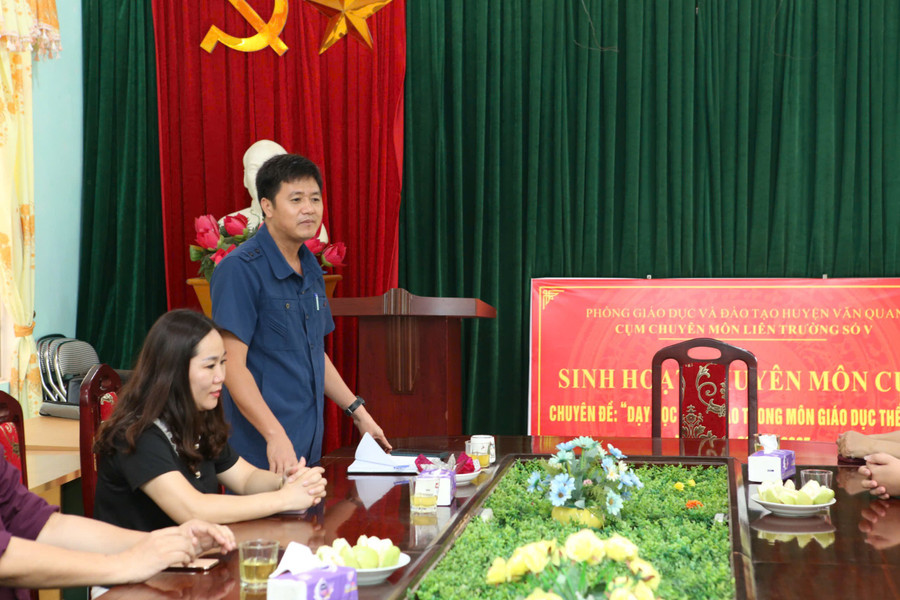
At the same time, Resolution 71-NQ/TW promotes decentralization, delegation of authority, and reduction of management units, which will eliminate bureaucracy and stagnation, create space for creativity and flexibility at the grassroots level, thereby improving management efficiency throughout the system.
Premise for development
The Politburo issued Resolution 71 on Breakthrough in Education Development, which includes many preferential policies for education, encouraging investment and development in education. In particular, it clearly states the orientation to allocate at least 20% of the state budget for education, of which 3% is for higher education.
According to Associate Professor Dr. Le Hieu Hoc - Head of the Faculty of Science and Technology Education, Hanoi University of Science and Technology, this is a very positive signal, demonstrating a national commitment to considering education as the foundation for sustainable development.
“We all understand that university education is the place to train engineers, bachelors, researchers, experts and teachers of the future. Therefore, when properly invested, universities will have more resources to expand and upgrade facilities, laboratories, and learning resource centers;
“Attract and retain highly qualified lecturers and scientists; especially scientists with international prestige and experience; Promote research activities, innovation and knowledge transfer,” Mr. Hoc analyzed.
Not only that, Resolution 71-NQ/TW on Educational Development Breakthrough is the foundation for training high-quality human resources, capable of adapting to new technology, integrating internationally and serving socio-economic development.
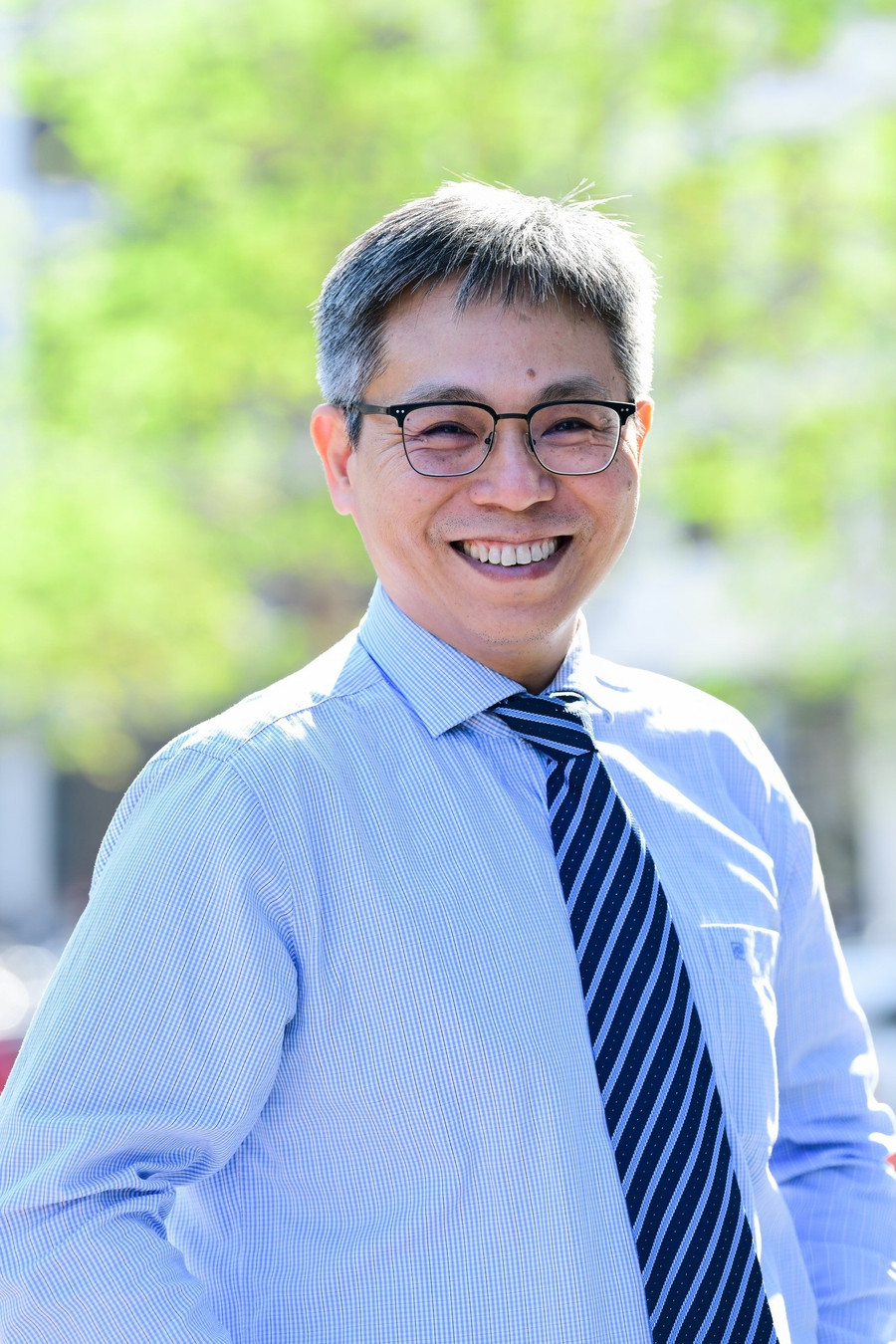
With stable investment sources, schools can update training programs related to practice and new technologies such as artificial intelligence, digital transformation, renewable energy, STEAM education, etc.
Promote business-school cooperation, help students learn through real-life projects, shorten the gap between training and social needs.
Develop a digital learning ecosystem, use big data and personalized learning to improve teaching and learning effectiveness.
As investment budgets increase, public universities – especially in disadvantaged areas – will have more conditions to exempt/reduce tuition fees for disadvantaged students; Increase scholarships, support learning and living for learners; Expand distance learning programs, lifelong learning, helping everyone have the opportunity to study further.
“Finally, if we look from the perspective of the field of Educational Sciences, I clearly see that when higher education is properly invested, universities will have better conditions to participate in retraining and professional development for general education teachers, especially in the application of technology and pedagogical innovation;
“Support the effective implementation of the new general education program, promote connections between universities and high schools; Carry out highly applicable research and development projects to serve the local education community,” said Mr. Hoc.
Source: https://giaoducthoidai.vn/nghi-quyet-71-nqtw-coi-giao-duc-la-nen-tang-cho-phat-trien-ben-vung-post746956.html


![[Photo] General Secretary To Lam attends the ceremony to celebrate the 80th anniversary of the post and telecommunications sector and the 66th anniversary of the science and technology sector.](https://vphoto.vietnam.vn/thumb/1200x675/vietnam/resource/IMAGE/2025/9/29/8e86b39b8fe44121a2b14a031f4cef46)
![[Photo] Many streets in Hanoi were flooded due to the effects of storm Bualoi](https://vphoto.vietnam.vn/thumb/1200x675/vietnam/resource/IMAGE/2025/9/29/18b658aa0fa2495c927ade4bbe0096df)
![[Photo] General Secretary To Lam chairs the meeting of the Central Steering Committee on preventing and combating corruption, waste and negativity](https://vphoto.vietnam.vn/thumb/1200x675/vietnam/resource/IMAGE/2025/9/29/fb2a8712315d4213a16322588c57b975)
![[Photo] General Secretary To Lam receives US Ambassador to Vietnam Marc Knapper](https://vphoto.vietnam.vn/thumb/1200x675/vietnam/resource/IMAGE/2025/9/29/c8fd0761aa184da7814aee57d87c49b3)

![[Photo] National Assembly Chairman Tran Thanh Man chairs the 8th Conference of full-time National Assembly deputies](https://vphoto.vietnam.vn/thumb/1200x675/vietnam/resource/IMAGE/2025/9/29/2c21459bc38d44ffaacd679ab9a0477c)


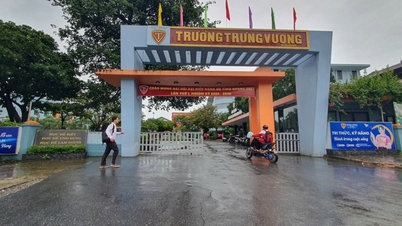


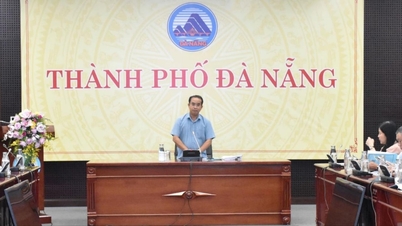

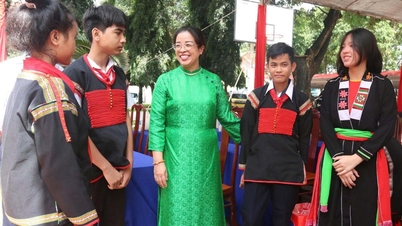



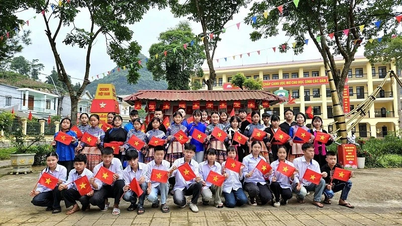

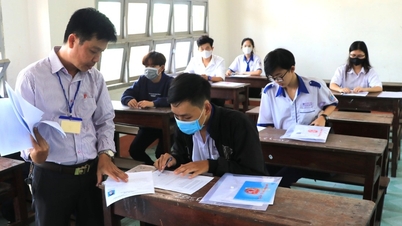
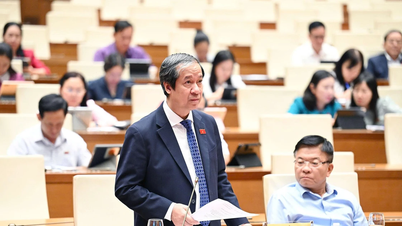



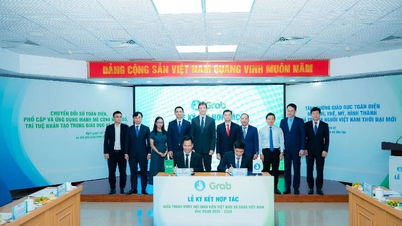





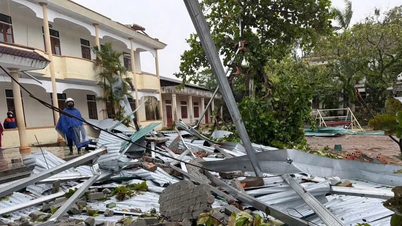
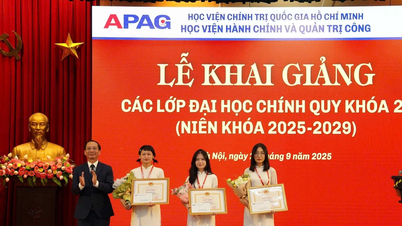
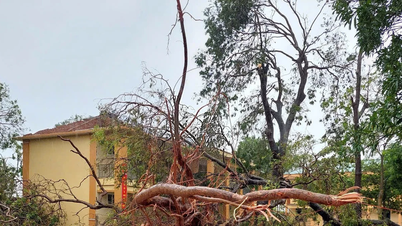
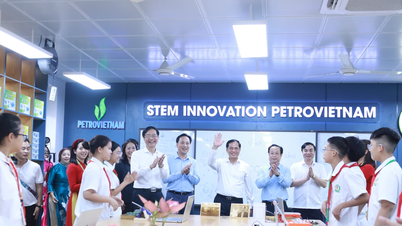















































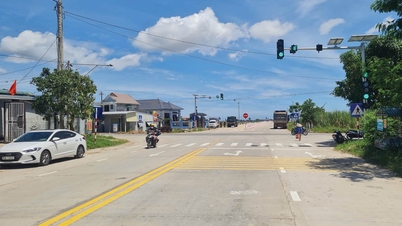







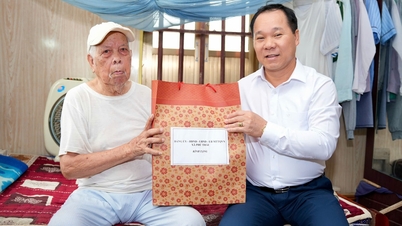













Comment (0)